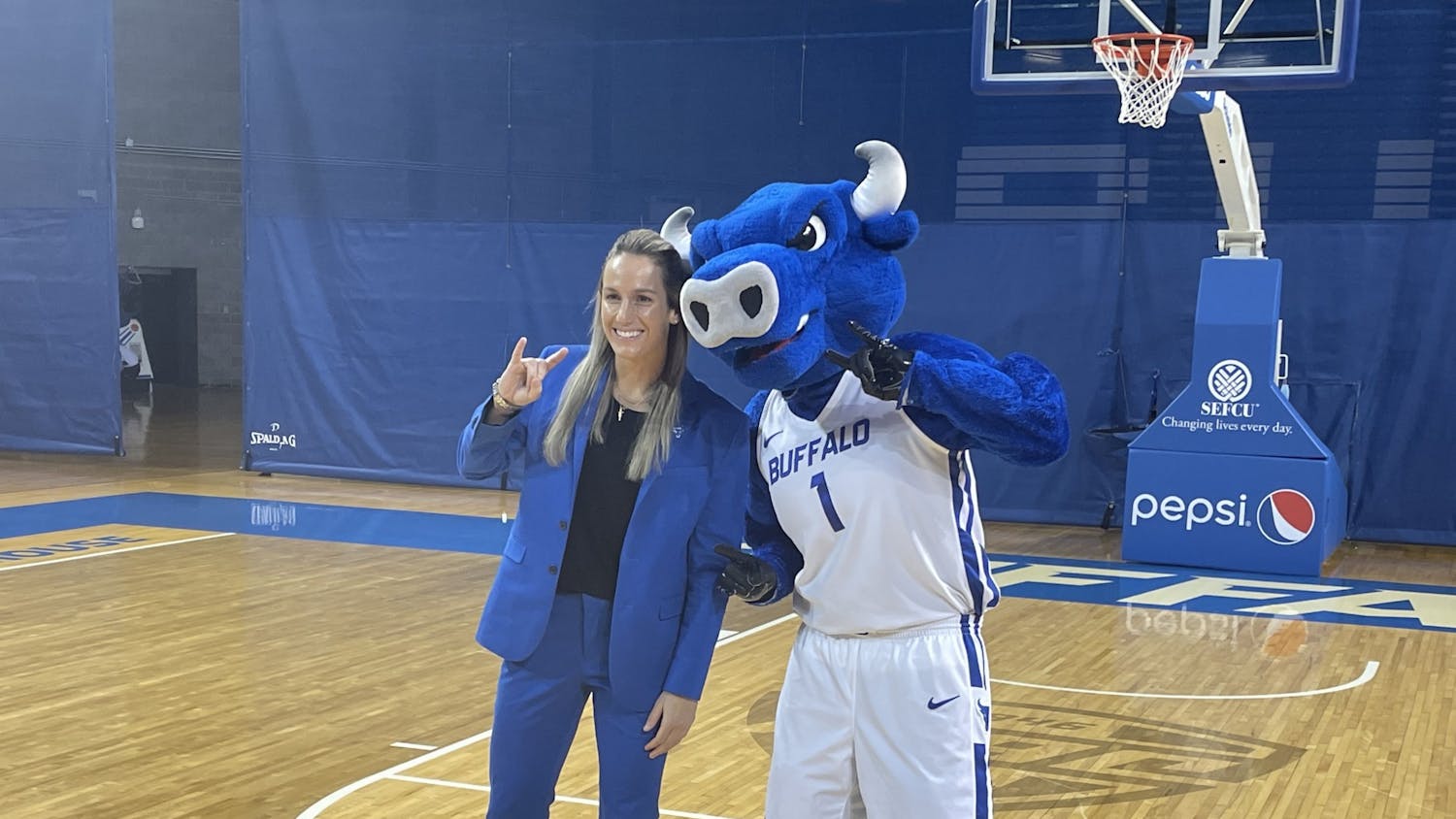You think your life is hard? Psh. Try being a communication major.
I work myself to the bone.
My classes start at the break of dawn — 10 a.m. I have to do a discussion board and a 10-question multiple choice quiz every week. I just can’t catch a break!
In all seriousness, communication majors don’t exactly have a reputation for putting our noses to the grindstone. While what we do isn’t as difficult as mechanical engineering, we still put time into our coursework and learn some incredibly valuable life lessons.
For instance, how you present yourself — verbally and nonverbally — could be the deciding factor during a job interview. Your eye movements, your facial expressions, your posture, your tone of voice and especially your attitude are all key components to being successful in life.
Employers want confident, well-rounded individuals who present themselves in a professional manner; communication courses will teach you how to do just that.
The first communication course I ever took was a public speaking class in high school. At the time, I was a junior and I wanted to take an “easy” course that would boost my GPA for college applications.
My ignorant 16-year-old self was fully confident that public speaking would be a cakewalk. “How difficult could it possibly be? There’s barely 15 kids taking this class and all I have to do is speak in front of them for a few minutes? Bet.”
The teacher, Mrs. Caiet, won that bet. For our first assignment, we were asked to get up in front of the class and talk about something that interests us for two minutes.
The catch to this assignment was that Mrs. Caiet recorded our speeches in order to evaluate our posture and presence.
I was a fairly confident person at that age, so I volunteered to go first. But when I got up to speak in front of the class, I started to shake uncontrollably.
I started to speak, but my voice was drowned out by the deafening sound of my restless nerves. Blood rushed to my head and my ears. I couldn’t focus on the words spilling out of my mouth.
All I could think of was where to awkwardly place my clammy hands and how to stand up straight without looking like a total dork.
Before I knew it, my time was up. The class applauded. I sat back down, my nerves finally settling. I couldn’t have told you what I said or how I looked. I was so nervous that I had blacked out.
Mrs. Caiet emailed me the video of my speech later that day. As I watched it, all I could think was “Dude really?”
I was leaning on one leg like a Vogue model, but my hands were in my pockets at the same time. My eyes were darting across the room as if I was tracking down a fruit fly. My cheeks were bright red.
To say that was a humbling experience would be an understatement. But what started as an embarrassing moment blossomed into one of the greatest learning experiences of my life.
Not only does your body language and facial expressions affect how others perceive you, it also affects how you see yourself.
How do you sit? You might sit cross legged or with your legs slightly tucked under your chair. But, if you sit with your legs open and feet flat on the floor, you will seem and feel more confident. Taking up space, with consideration for those around you, is a small but very effective way to increase your self confidence.
When you see an actor win an Oscar or an athlete win an Olympic gold medal, pay attention to their immediate reaction. Typically, the athlete or actor is throwing their hands up in the air — taking up space — in celebration of their accomplishment.
After my speech, I started making a conscious effort to sit with my legs unfolded and my feet more outward. Four years later, I sit that way unconsciously. After taking up a little more space in a mundane human task, my confidence has skyrocketed.
My public speaking class opened my eyes to a new world of communication. Once I got to UB, I became a communication major.
Now, as a junior in college, I’ve learned much more than how to sit correctly.
I’ve learned about the science of communication, how it affects people and why people communicate the way they do.
But even that small lesson in high school helped me become a more confident person. This confidence, this superpower, will bring me far in life — and literally anyone can learn how to harness it.
I know it’s not the most respected major, and it doesn’t necessarily have to be. But it is important to realize that the communication skills you can learn in the classroom will be relevant for the rest of your life.
If you want to improve your general demeanor, you should take at least one communication course — no matter what field of study you’re in.
Dylan Greco is the opinion editor and can be reached at dylan.greco@ubspectrum.com





